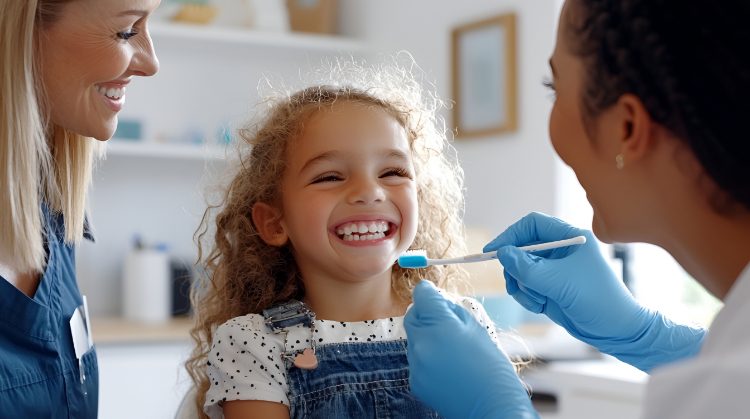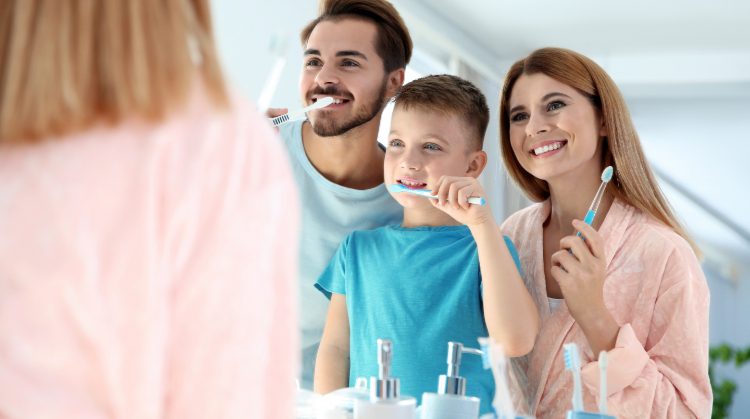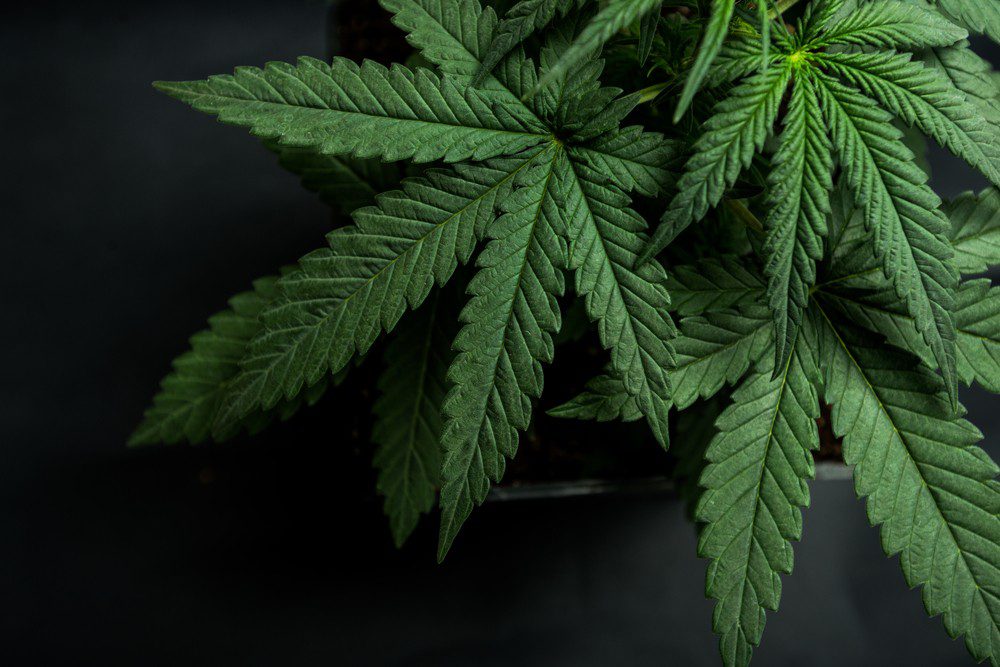The snoring habits of middle-aged men have been the subject of sitcoms and comedy skits for decades. In fact it may seem like adult males are the only ones who snore. Unfortunately, women and children often suffer from chronic snoring too, and since the topic is much less talked about, it can leave them with more questions than answers.
According to the UCLA Sleep Disorders Center, 20 percent of children snore occasionally, while 7 to 10 percent of children snore every night and only 2 percent struggle with severe snoring. Snoring is not always a sign of something serious, especially when it only occurs occasionally. If it becomes chronic and is accompanied by choking or gasping sounds intermittently throughout the night, it could be a sign of sleep apnea, according to Dr. Amy Norman, a leading dentist in Everett, Washington, who specializes in treating sleep apnea patients.
“Sleep apnea has been linked to a wide range of health problems that can be extremely dangerous for adults and children,” she said. “It’s important to talk to your doctor or your dentist if you notice any signs of sleep apnea in your child.”
Symptoms of Sleep Apnea in Children
Like with many health conditions, symptoms vary for each patient. Although snoring is the most commonly reported symptom in children who are diagnosed with sleep apnea, some with the sleep disorder don’t snore at all.
Sleep apnea is characterized by a gap in breathing many times throughout the night. This is often observed as a gasping or choking sound as the child struggles to breath for a brief second. These apneic episodes can occur hundreds of times a night in someone with severe obstructive sleep apnea.
Other less obvious symptoms to be aware of include sweating during sleep, difficulty waking in the morning, headaches, moody or aggressive behavior, trouble staying awake during the day, problems in school and bedwetting past the normal developmental age.
Misdiagnosis of ADD and ADHD Common
Some symptoms of sleep apnea in children are similar to those of ADD and ADHD, which has led to a high rate of misdiagnosis, Norman said.
“Symptoms like trouble concentrating and hyperactivity are common in children who have sleep apnea,” she said. “Sometimes sleep apnea makes symptoms of ADD or ADHD worse, and other times sleep apnea is to blame for the symptoms, not ADD or ADHD.”
Diagnosing Sleep Apnea in Children
Although snoring may seem harmless, if it is indeed an indicator that a child is suffering from sleep apnea, it’s important to seek treatment as soon as possible, Norman said. Studies have linked sleep apnea in children to behavioral problems, which can lead to low academic performance and learning disorders.
Another study, published by the American Academy of Pediatrics, found that children with sleep-disordered breathing had a much higher risk of social problems with peers, inability to follow rules, aggressive behavior and hyperactivity.
“Children require more sleep than adults because their brains are developing at a rapid pace,” Norman said. “When that sleep is routinely disrupted, it can lead to social, emotional, physical and developmental problems.”
How Is Sleep Apnea in Children Treated?
For many children, enlarged tonsils and adenoids are to blame for obstructive sleep apnea symptoms. Surgery to remove the tonsils and adenoids often corrects the problem. In other situations, the use of a CPAP, or continuous positive airway pressure machine, may be recommended. This is the most common treatment for adult sleep apnea and works by providing a steady flow of air through a mask worn over the nose during sleep. It works to keep the airway open and is a very effective treatment when used consistently.
Some children may not tolerate the CPAP machine, as many adults even find them loud and uncomfortable. The machine must be used every night to be effective. Norman specializes in offering an alternative treatment involving the use of an oral appliance to help sleep apnea patients.
“Similar to a mouth piece worn in sports, the oral appliance keeps the jaw in a forward position in order to open the airway and prevent collapse during sleep,” she said. “Many patients have trouble complying with the CPAP machine but have found an oral appliance to be a comfortable alternative.”



